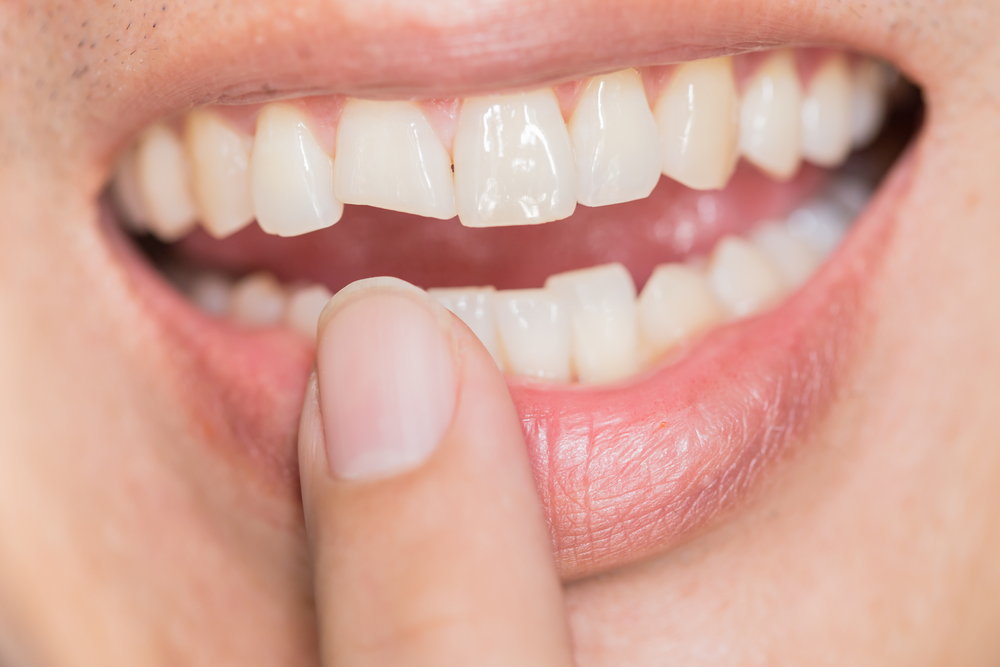Cracked teeth are a common dental issue that can cause discomfort and, if left untreated, lead to more serious problems. Whether it’s a small hairline crack or a more severe fracture, knowing what to do when you have them is crucial for maintaining your oral health. On this blog we’ll explore the causes of cracked teeth, the symptoms to watch out for, and the steps you should take to address this dental concern.
Understanding the Causes of Cracked Teeth

Cracked teeth can occur for various reasons, and understanding these causes can help you prevent them in the future: We discuss the most common reasons below:
Chewing Hard Foods and Ice:
- Cracking a tooth while biting into hard foods or chewing on ice is not uncommon. These habits put excessive pressure on your teeth, increasing the risk of cracks.
Grinding and Clenching:
- Bruxism, the habit of grinding or clenching your teeth, can weaken the enamel over time, making your teeth more susceptible to cracks.
Trauma and Accidents:
- Accidents, such as falls or car collisions, can lead to immediate tooth fractures. Even a minor impact can result in a cracked tooth.
Temperature Changes:
- Rapid changes in temperature, like consuming hot food and then drinking something cold, can cause teeth to expand and contract, potentially leading to cracks.
Tooth Decay:
- Tooth decay weakens the structure of the tooth, making it more vulnerable to fractures.
Recognising the Symptoms of Cracked Teeth
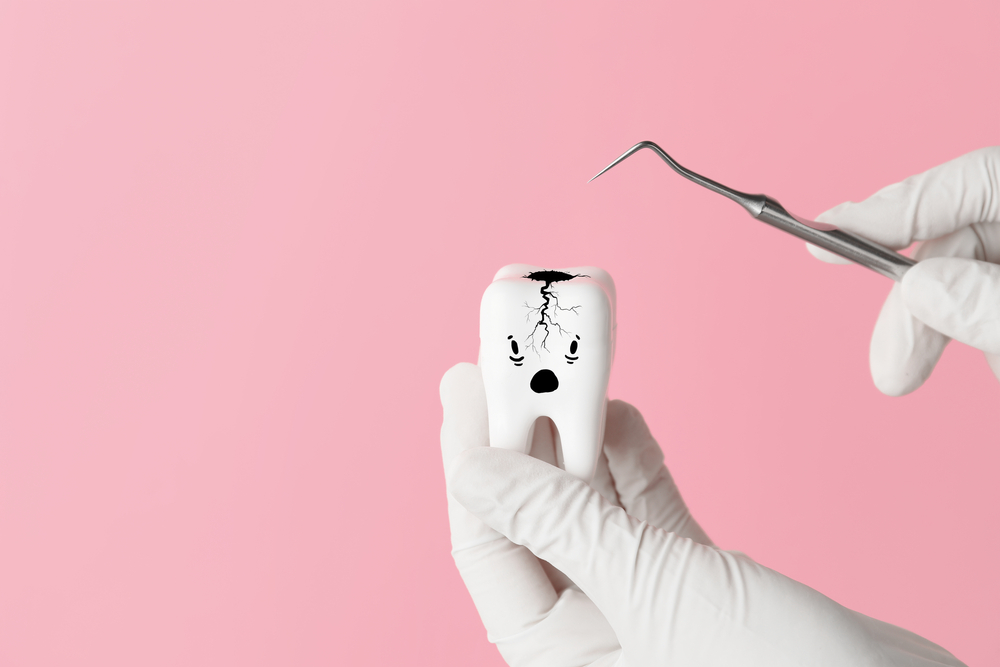
Identifying the symptoms of cracked teeth is essential for timely treatment: If you experience any symptoms, then you should make an appointment with your Picton Dentist like Angel Dental Care straight away. Teeth that have been compromised physically will worsen over time and can result in further damage and additional complications. A broken or chipped tooth typically requires same-day repair.
Sensitivity to Temperature:
- If you experience sharp pain when consuming hot or cold substances, it could be a sign of a cracked tooth.
Pain While Chewing:
- Discomfort or pain when biting down on food may indicate a cracked tooth, as the pressure applied during chewing aggravates the fracture.
Intermittent Pain:
- Cracked teeth can cause intermittent pain, making it challenging to pinpoint the exact issue. The pain may come and go, making early diagnosis crucial.
Swelling of Gums:
- In some cases, cracked teeth can lead to gum swelling or tenderness near the affected area.
Visible Cracks:
- If you can see a visible crack or feel a rough edge on your tooth, it’s a clear indication that you have a cracked tooth.
What to Do If You Suspect You Have a Cracked Tooth
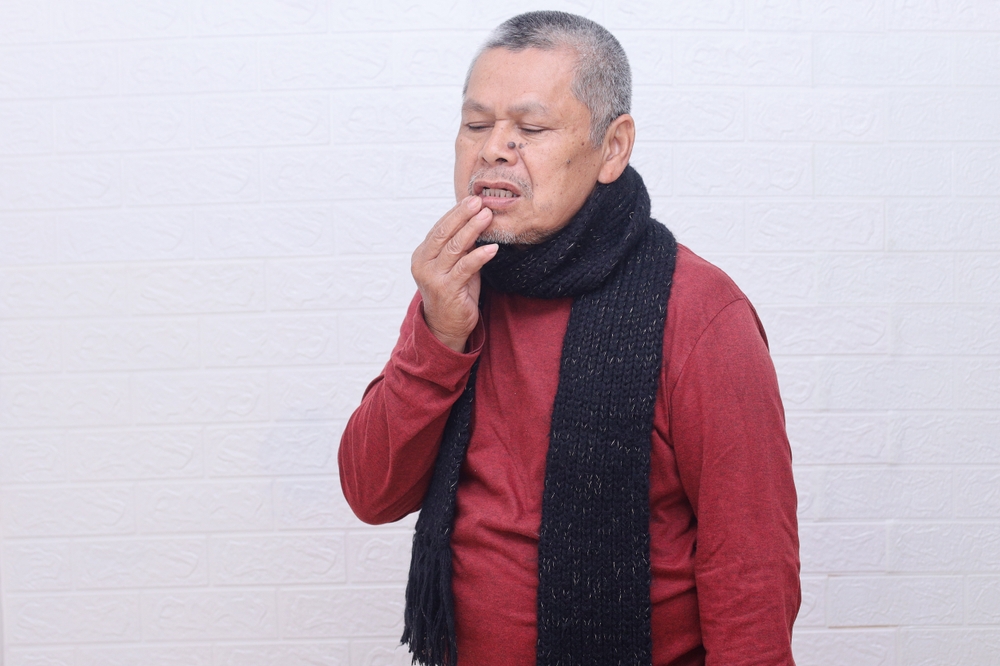
If you suspect you have a cracked tooth, it’s vital to take immediate action. Ideally you want a dentist to review any broken or chipped tooth and discuss repair on the same day. Depending on the extent of the damage,dentists may recommend a number of treatments: If you have a broken tooth fragment, store it in a sealed container or zip-top bag. Keep it moist by covering it with milk, contact solution, or tap water (with a pinch of salt.) Here are the steps you should take if you suspect you have a cracked tooth.
- Schedule an Appointment with Your Dentist:
Contact your dentist as soon as possible to schedule an examination. Early detection and treatment can prevent the problem from worsening. - Avoid Hard or Sticky Foods:
While awaiting your dental appointment, steer clear of hard or sticky foods that can further damage the cracked tooth. - Rinse with Warm Water:
Gently rinse your mouth with warm water to clean the area and relieve any discomfort. - Over-the-Counter Pain Relief:
You can take over-the-counter pain relievers, following the recommended dosage, to manage pain until you see your dentist. - Dental Wax for Sharp Edges:
If the cracked tooth has a sharp edge that’s causing irritation, you can use dental wax to cover it temporarily.
Treatment Options for Cracked Teeth
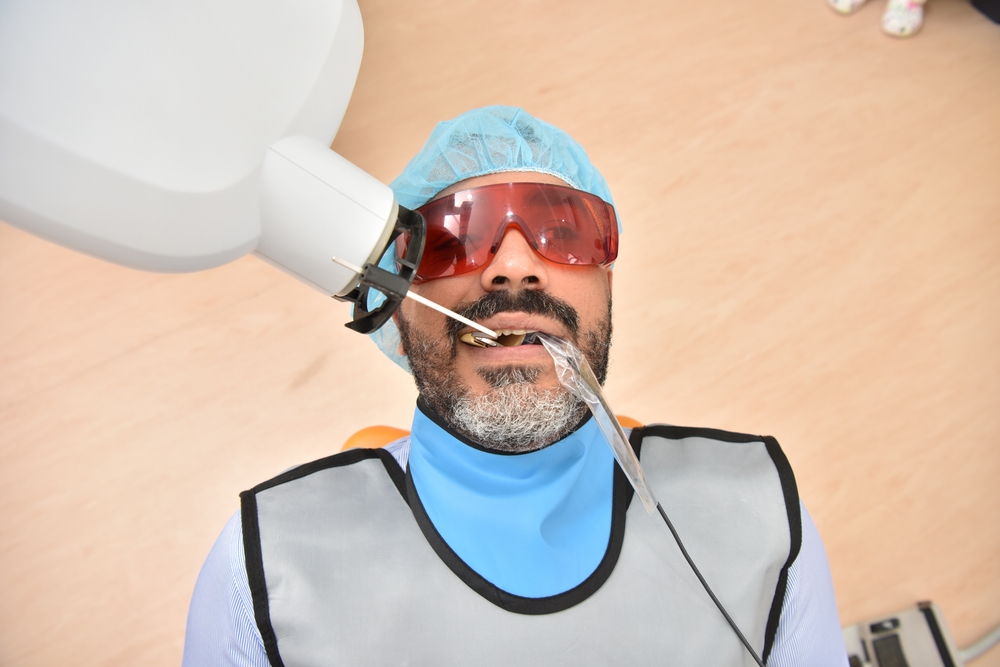
The appropriate treatment for a cracked tooth depends on the extent of the damage: Angel Dental Care offers composite bonding, tooth-coloured filling, porcelain crown, root canal therapy and emergency extraction. We discuss below:
- Dental Bonding:
Minor cracks may be addressed with dental bonding, where a tooth-coloured resin is applied to the affected area and then hardened with a special light. - Dental Crown:
For more significant cracks, a dental crown can provide protection and restore the tooth’s appearance and function. - Root Canal Therapy:
If the crack extends into the pulp of the tooth, a root canal may be necessary to remove damaged tissue and save the tooth. - Tooth Extraction:
In severe cases where the tooth cannot be saved, extraction may be the only option. Your dentist will discuss replacement options like dental implants or bridges. - Preventive Measures:
After treatment, your dentist will likely recommend preventive measures such as wearing a nightguard if you grind your teeth or avoiding harmful habits like chewing ice.
Seek Treatment For Cracked Teeth As Soon As Possible.
Cracked teeth can be a significant dental concern, potentially causing discomfort and leading to more severe problems if left unattended. They can stem from various factors such as biting down on hard objects, teeth grinding, or dental trauma. Recognising symptoms like sensitivity to temperature, pain during chewing, or visible cracks is the initial step in addressing this issue.
When you suspect a cracked tooth, scheduling an appointment with your dentist is essential. Dental professionals have the expertise to diagnose the problem accurately and recommend suitable treatment. Meanwhile, practising some self-care can help ease discomfort temporarily, such as avoiding hard or sticky foods, rinsing with warm water, or using dental wax for sharp edges.
Treatment options vary based on the severity of the damage and can include dental bonding, dental crowns, or root canal therapy. In some cases, tooth extraction may be necessary, with replacement options like dental implants or bridges discussed to maintain your smile’s integrity.
Preventive measures are equally crucial after treatment, like wearing a nightguard if you grind your teeth or avoiding habits like chewing ice. Your dentist is your trusted partner in safeguarding your oral health, and seeking their expert advice promptly is vital.
While cracked teeth may seem daunting, they are manageable with proper care. Don’t let discomfort linger or the issue worsen—reach out to your dentist promptly. Your smile is worth preserving, and with the right steps, it can shine brightly for years to come.
Angel Dental Care is a boutique, dental practice in Sydney’s south-west suburb of Picton specialising in all your dental needs including cracked teeth. They offer comprehensive dental care, which means they focus on YOU as a whole and not just your existing dental condition, as well as creating and providing a safe, stress free environment. Book an appointment today!
